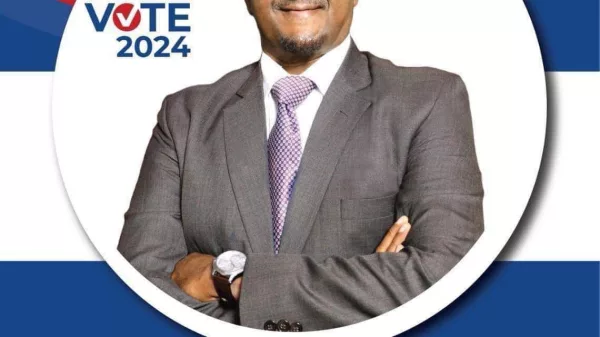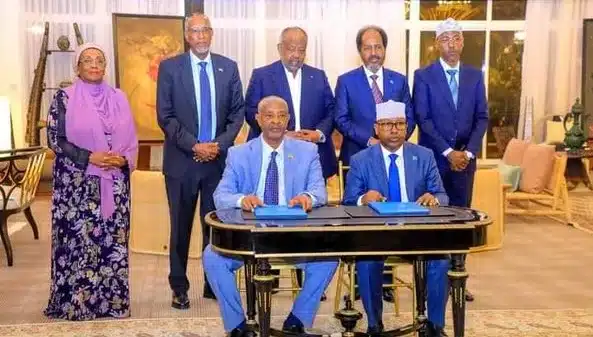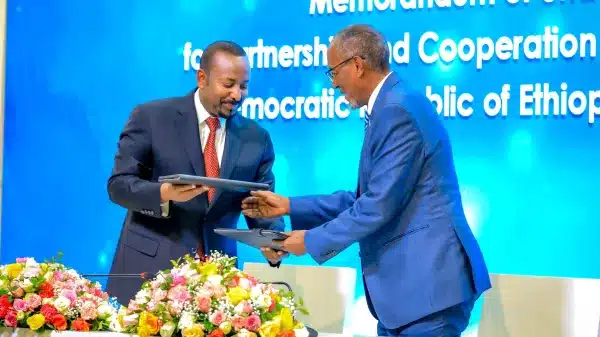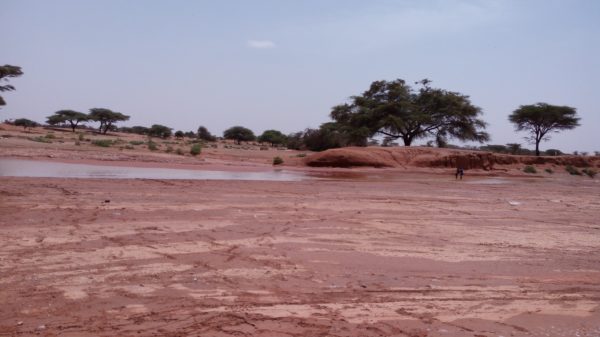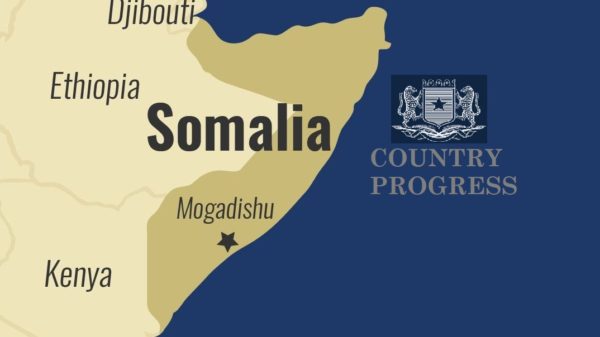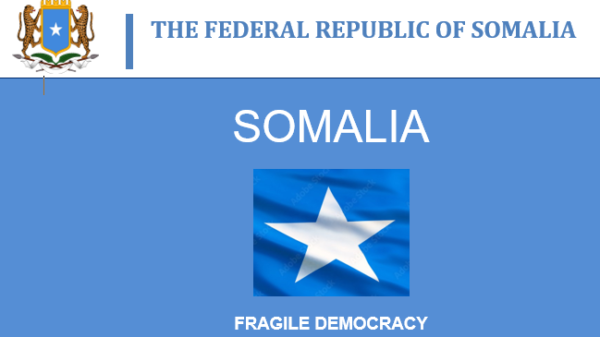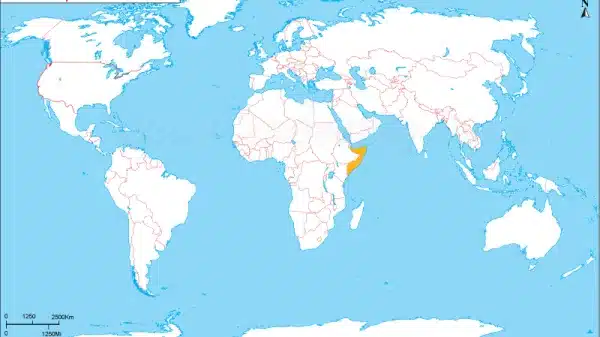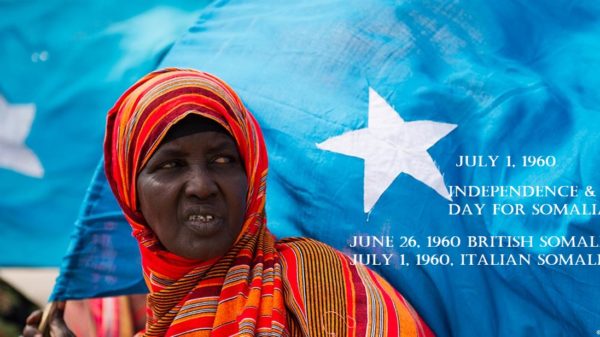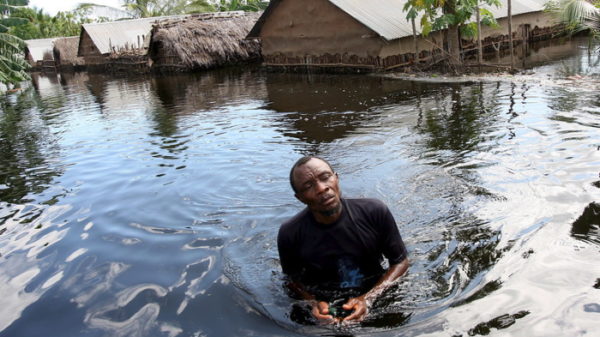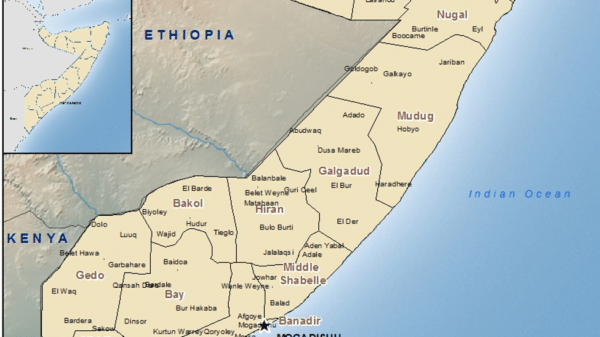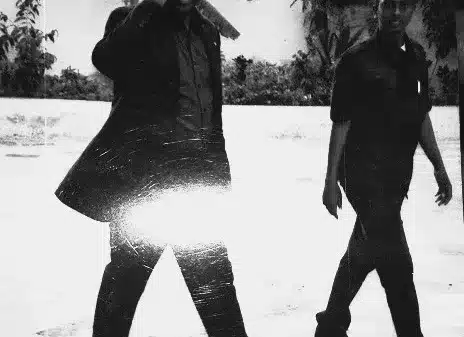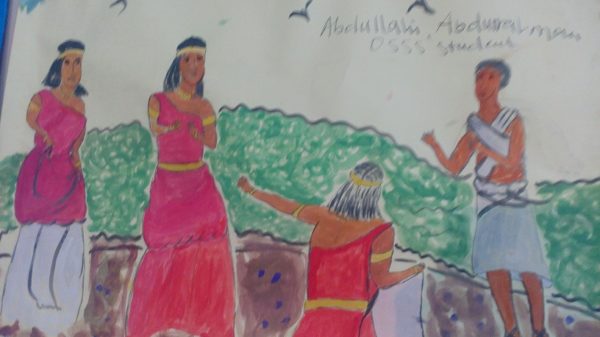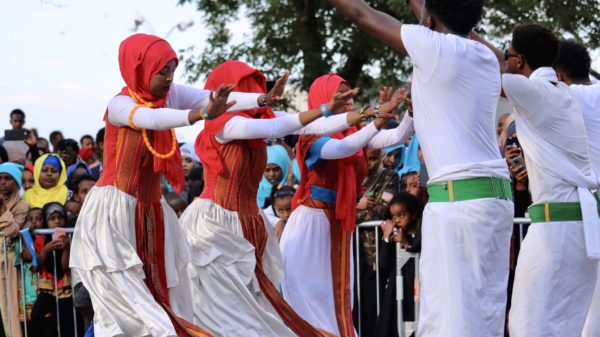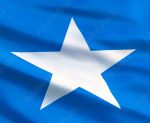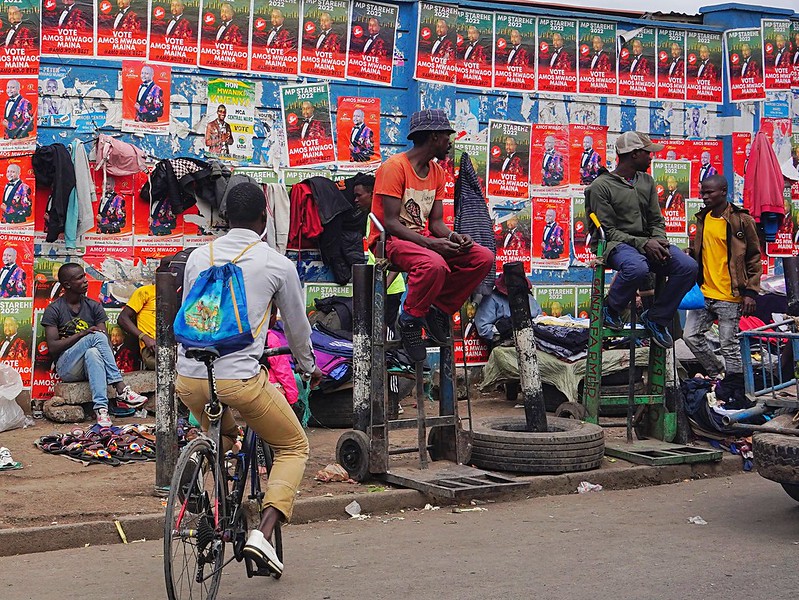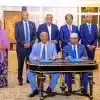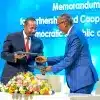In a series of opinions published in Kenya’s Sunday Nation, legal scholar Makau Mutua displayed a stinging attack on the East African nation’s democracy. In perhaps the most hard-hitting commentary on the subject, a disappointed Professor Mutua described Kenya democracy as “fake” argued that it is on a false trajectory, warning that it portends doom for the unity of the country.
To justify his attacks, the scholar, who was the spokesman of the Raila Odinga campaign secretariat in the 2022 general election, singled out the election management body, the Independent Electoral and Boundaries Commission, (IEBC), accusing it of historically messing up elections. “As far as Kenya’s democracy is concerned, the electoral agency is our biggest threat. It is the key author of our fake democracy,” he argued in a series of articles that reflected his frustration with the IEBC.
“Only two elections have ever reflected the will of the electorate in Kenya – 1963 and 2002. All others, including the one done this year, have been shambolic affairs. IEBC has historically “murdered” the democratic spirit of Kenyans for the benefit of a small bankrupt political elite,” he added insisting that the August 9 presidential elections was also rigged in favor of current President William Ruto.
Kenya democracy ranked 99 in Global Democracy Index 2021, sharing Zambia and Sierra Leone the same position in the ranking by the Economist Intelligence Unit. Opinion is divided over the scholar’s views. The popular idea that Kenya is among the top most open and democratic nations in Africa, and Professor Mutua’s views may be considered an aberration. Critics will argue that Professor Matua was merely expressing his frustration in the conduct of the August 2022 election in which his favored candidate lost. They argue that Prof Mutua Is merely speaking out of pique in the aftermath of a lost poll.
Yet, and considering his uncertainties, there is no disagreeing that democracy in Kenya has remained in an upward trajectory. Ranked among flawed democracies where elections are fair and free, basic liberties are honored but may have issues and there are issues in the functioning of governance, according to Global Democracy Index 2021 report. Kenya is among the advancing democracies in the African continent, where no country qualifies as a full democracy.
However, those who find fault in the Scholar’s argument believe that Kenya has made major strides in the last 30 years since the return of multi-party politics, despite the upheavals that flare up in every election cycle.
Kenya scores 48 out of 100 on global freedom statuses, rated Partly Free in Freedom in the World 2022, Freedom House’s annual study of political rights and civil liberties worldwide. Yet considered among one of the most open societies in Africa. It has a vibrant media that acts as an enabler of democracy, while the freedom to exercise one’s fundamental rights is to a very large extent un-inhibited.
Whereas, there has been concerns on the state of rule of law, courts have largely acted independent of state interference, oftentimes acting as the final bastion in defense of the people’s civil liberties. Since 1992, political parties have operated freely to the extent that they enjoy state funding. Politicians speak freely about anybody and anything under the sun without fear of repudiation.
Kenyans have routinely enjoyed their sovereign and exercised the right to choose their leaders at the ballot every five years since 1963 when it gained independence from Britain. Whereas, other African states have fallen on the sharp sword of military coups, Kenya has been spared the blushes, with the public getting the chance to choose their leaders every time the vote is due.
One of the most moving inclusion in the 2010 constitution is a provision that makes it mandatory that all decisions made by individuals exercising state power be subjected to public participation, a requirement that ultimately hands people the ultimate power.
Article 118 of the Constitution requires State agencies or any other regulatory making authority, to conduct public participation and sufficient consultations with stakeholders and persons likely to be affected by any law or action of such officers.
“This requirement has handed the people the ultimate power,” says Mr William Kamket, the Tiaty MP, in Baringo County. Mr Kamket chaired the Committee on Delegated Legislation in the 12th Parliament whose mandate is to ensure that all laws are subjected to public participation before they are enacted. “A lack of adequate public participation led to the annulment of laws and regulations by our courts and even parliament. This has enhanced our democracy,” Kamket added.
It has not been all rosy, though, democracy that Kenyans enjoys today has been a painstaking process achieved through blood and sweat of the few who chose to stand up and counted. It took a demand by a section of Kenyans in the 1980s and 1990s to rise up and challenge the established order before the democratic space was opened up, paving the way for the promulgation of the new constitution.
Mass uprising against Daniel arap Moi’s state in the late 1980s and early 1990s started it all. This was capped by the 2007/08 post-election violence which opened the door wide for the review and repeal of the 1963 constitution. Over 1, 300 people were killed in the post-election violence while hundreds of thousands were displaced from their homes, a scar that still haunts the country to this day. A similar scenario played out in 2017, only that the magnitude was less impactful following violent confrontations between supporters of the opposition and the police after Uhuru Kenyatta was declared the winner of the poll.
History suggests that Kenya’s democracy has remained vulnerable politics of exclusion and ethnicity that has characterized the modern Kenya state in the last 60 years. Policies of domination and exclusion that perfected by Kenny’s post independent regimes, starting with Jomo Kenyatta’s first republic in 1963 have done little to facilitate the construction of a stable union. It is not just that Kenyatta’s leadership was characterized by doses of dictatorship. He was the ultimate ruler, considered himself above the constitution while every institution operated at his whim.
The constitution, the cabinet and other agencies of the state, were only useful to the extent that they served his interests. Rather than being enablers, they were the tools he used to manipulate the state in the manner he wanted. He put in place a system that concentrated state power in an individual in manner that even the colonial state never was.
Even though he ruled and reigned, Kenyatta was never elected to office. In his 15-year reign, Kenyans never conducted presidential elections. He brooked no opposition to his personal rule. He manipulated other arms of government, while at the same time, running roughshod over other state agencies.
In 1966, just three years after independence, he single handedly cannibalized the independent constitution by abolishing the senate, the regional governments and merged the powers of the office of the prime minister and those of the head of state to create the all-powerful presidency that still haunts Kenya to this day. He further amended the constitution and gave himself powers to pardon individuals who were convicted the courts of law and gave himself sweeping powers to detain without trials individuals who questioned his leadership style.
Having promised to follow Kenyatta’s footsteps, Daniel Arap Moi entrenched Kenyatta’s bad policies. He clamped down on dissent, forcing it underground. This opened up an era that is perhaps the darkest period in post-independence Kenya. Political activists who were critical of the government were harassed and detained without trial, the screw against the media was tightened. He changed the constitution in 1982 and made KANU the only legal political party and only allowed the return of multi-party after he was confronted by mass demonstrations that left many people killed. Moi further amended the constitution and gave himself the power to fire judges and all other constitutional office holders at will. He also changed the electoral system getting rid of the secret ballot
Mwai Kibaki, who was elected to office through a popular support, appeared to be a break from the past, he soon after his election prove everybody wrong and maintained same policies that Moi had controlled. It was under Kibaki that Kenya experienced post-election violence. He also clamped on the media, bringing into the country mercenaries from Armenia that at one point attacked a media house and set newspapers on fire. Propelled to power in 2002 through a promise to enact a new constitution, Mwai Kibaki, Kenya’s third president found the allure of the imperial presidency to attractive and sought to derail the process of enactment of a new constitution.
Soon after his election, the promise was abandoned. Instead, three years later, he presented Kenyans with a draft constitution so mutilated and watered down that they rejected it in a referendum in 2005. While he is applauded for expanding the frontiers of freedom of expression, as he remains the only president who could be criticized without raising a finger, his reign has its darker moments that include externalization of the state. He allowed some Armenian mercenaries in the country whose very existence remains an attack on Kenya’s democracy. The raid the Standard Group, executed by the mercenaries, remain symptomatic of the Kibaki state.
They stormed the Group late in the night and switched KTN off air and burnt that day’s edition of the Standard newspaper. Apparently, it was claimed, the newspaper had carried a story that was critical of the first family. As if that is not enough, Lucy, his Wife, laid a siege at Nation Media Group offices on the World Press Freedom Day in 2005 where she held journalists hostage.
Under Uhuru Kenyatta, who assumed power in 2013 after Kibaki, the state became more aggressive. He unleashed the state against the media by banning government adverts in the newspaper. Experts argue that this was one of the ways he used to curtail press freedom. Under his 10-year reign, Uhuru had scant respect for other state agencies. He had scant respect for court orders going further to refuse to appoint judges nominated by the Judicial service commission.
Author
-
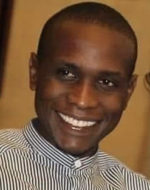
Mr. Mandi Studied Mass Media at the Mount Kenya University. He is writer and radio presenter - journalist based in Nairobi Kenya.
View all posts



